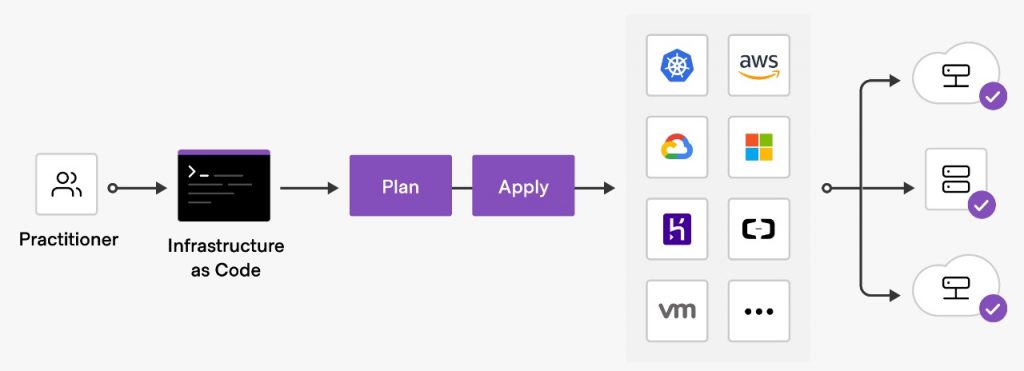DevOps consulting and implementation services
Continuous Integration
Continuous Integration: Continuous Integration (CI) is a development practice where developers integrate code into a shared repository frequently, preferably several times a day. Each integration can then be verified by an automated build and automated tests.
One of the key benefits of integrating regularly is that you can detect errors quickly and locate them more easily. As each change introduced is typically small, pinpointing the specific change that introduced a defect can be done quickly.
In recent years CI has become a best practice for software development and is guided by a set of key principles.

